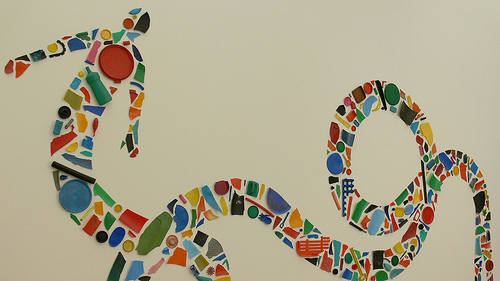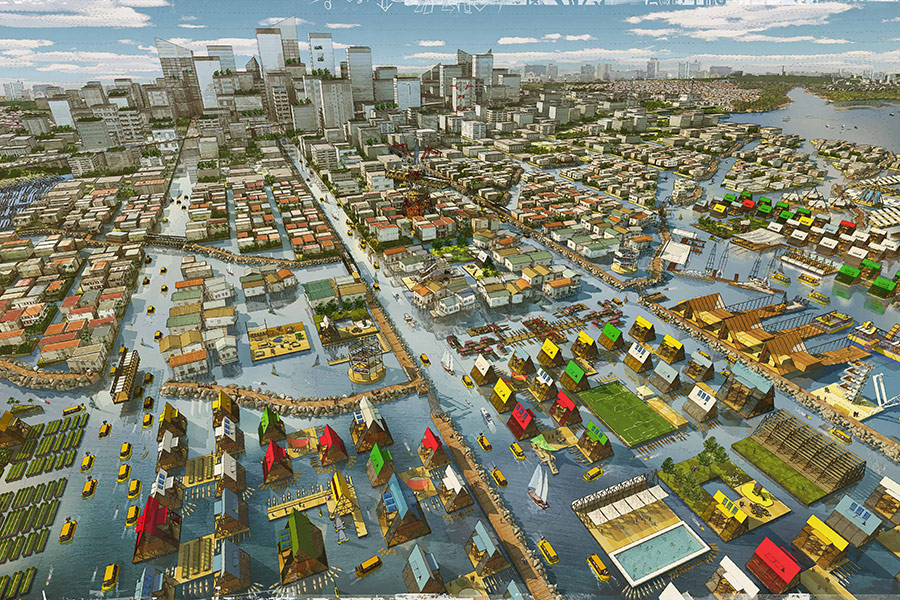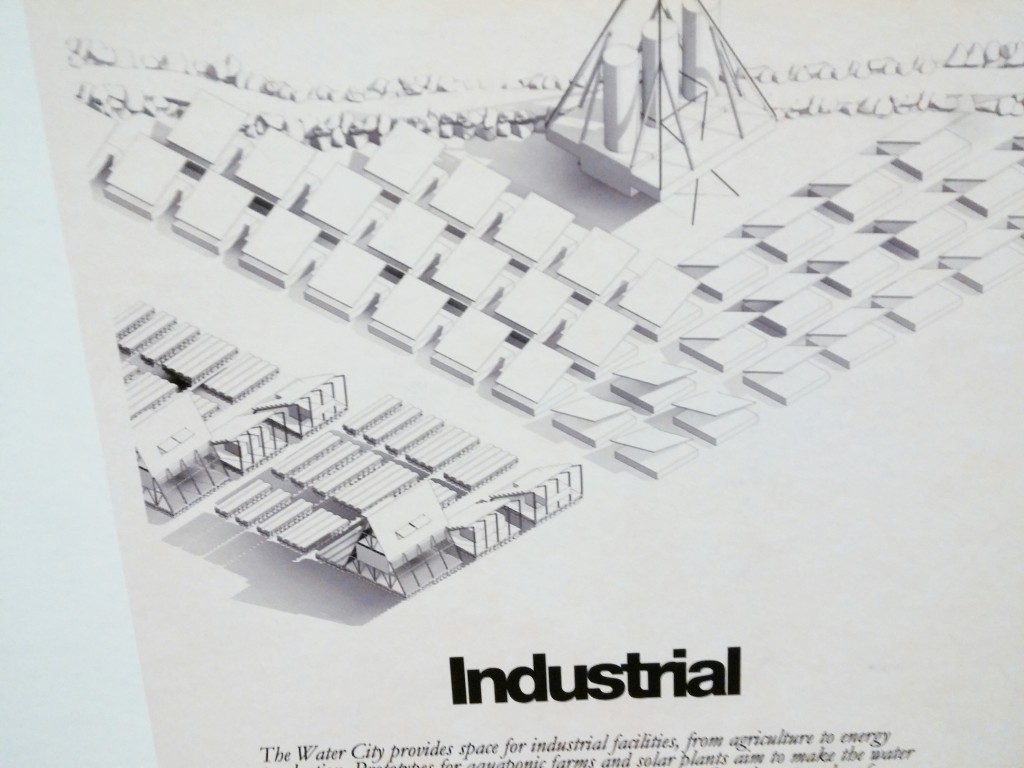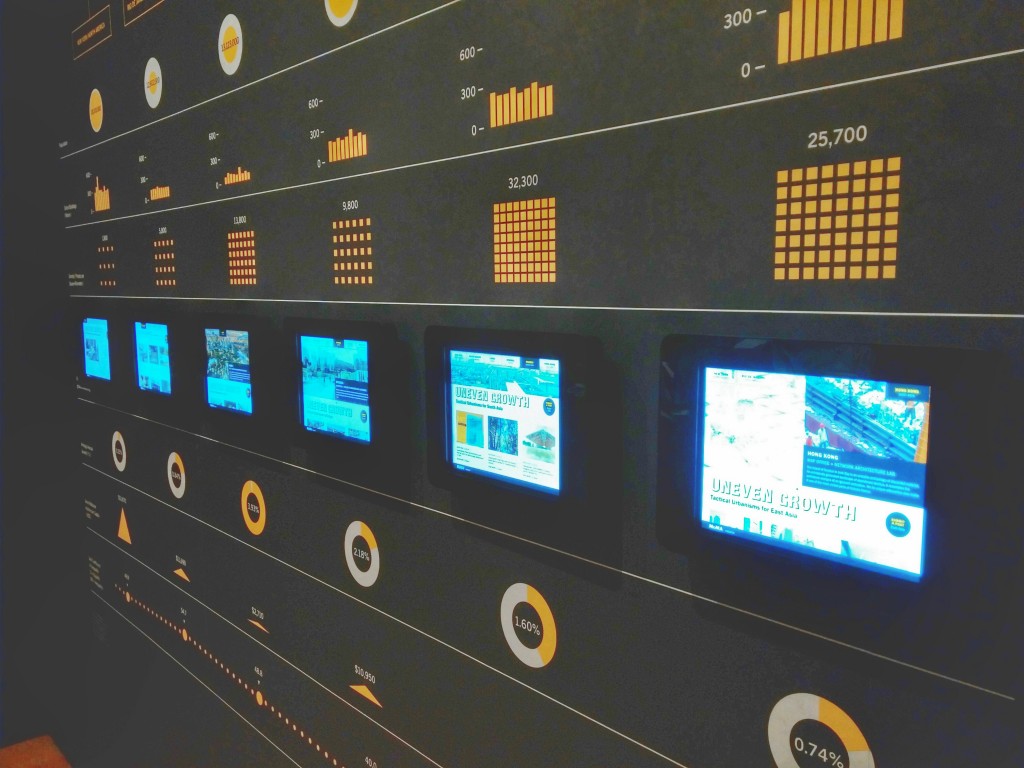
I may sound very critical about a project that sounds great. In fact I think that 3 months ago I wouldn’t have thought about it this way. I wouldn’t have asked myself the same questions. The creators of the project describes it like this: “Lantern is an anonymous portable library that constantly receives free data from space”.
So it basically means that you can be everywhere on Earth and have access to the Internet. Yes it does sound great. Censorship ? “internet shields” ? You are lost somewhere ? Lantern gives you the opportunity to reach everyone you want. But now I ask myself: “why would we increase the ubiquitous computing phenomenon in parts of the world where we aren’t supposed to be connected?”. I Believe that we don’t settle in some parts of the world because it’s not made for humanity. Some people adapted to deserts or mountains and have that kind of lifestyle. But they live in synergy with nature.
Maybe we didn’t go to some parts of the world because we were cut off the rest of the digital world (no internet for example). So basically being able to have Internet everywhere is making mankind able to go everywhere without being afraid of having no connexion. Of course there are already satellites technologies that lead us to communicate with special equipments but it’s mostly restricted to specific actions and missions, justified actions. Here, it’s available for everybody, anybody. Does it mean some tourists could go on hostiles environment now because they always have signal and won’t get lost ? Or someone will always be able to find them ?
I don’t reject the benefits of this type of device because it can help people in need. And lantern doesn’t provide access to every content you want, it connects you to a database of content: music, videos, books, articles, etc. and you can request content. But I use this example to show that there are consequences to the power you give to people.



